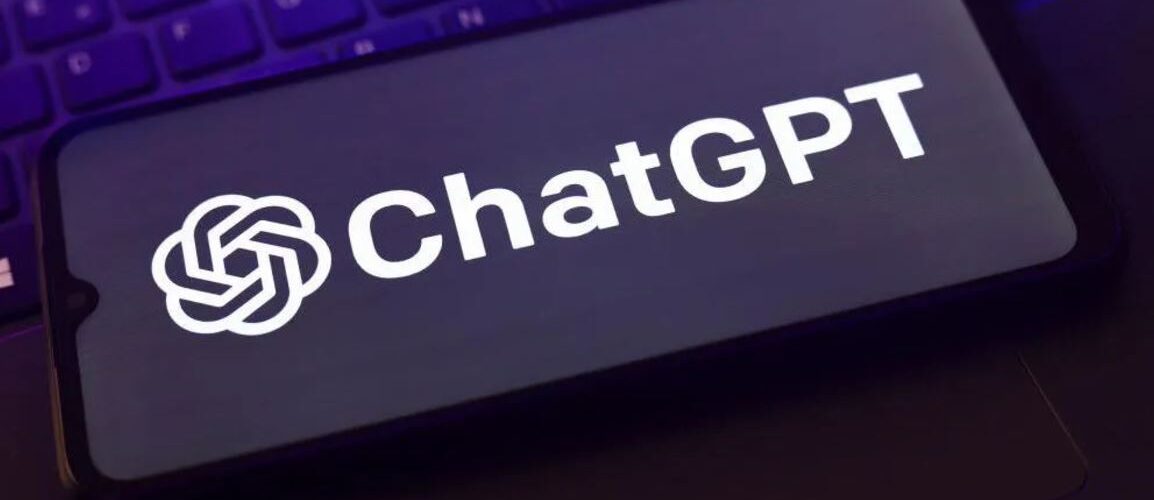A coalition of leading Canadian news outlets, including the Toronto Star, Postmedia, and CBC, has filed a lawsuit against OpenAI, accusing the tech company of using their content to train AI models like ChatGPT without permission. This legal action, announced in November 2024, claims that OpenAI unlawfully scraped and stored news articles, bypassing paywalls and violating copyright protections. The plaintiffs are seeking C$20,000 in damages for each article used, an injunction to halt further use of their content, and a share of any profits OpenAI has generated from the data.
This lawsuit is a significant step in the growing legal battles between traditional media organizations and AI developers. Similar lawsuits have already been filed in the United States, notably by The New York Times in 2023, alleging similar infringements of copyright. These legal disputes revolve around the question of whether using publicly available content to train AI models constitutes a violation of intellectual property laws. OpenAI, which claims its data usage falls under “fair use,” has responded by offering publishers the option to opt out of having their content used in AI training.
The case could set a major precedent for how AI companies navigate copyright law, especially concerning journalistic content. If the Canadian media organizations succeed, it may force tech companies like OpenAI to negotiate licensing agreements and compensate publishers for the use of their articles. This case highlights the growing tension between technological innovation and the protection of intellectual property in the digital age.
Keywords:
- Canadian news outlets sue OpenAI
- OpenAI copyright lawsuit
- OpenAI news article scraping
- Copyright infringement AI
- Canada OpenAI legal case
- OpenAI legal challenges 2024















Add comment